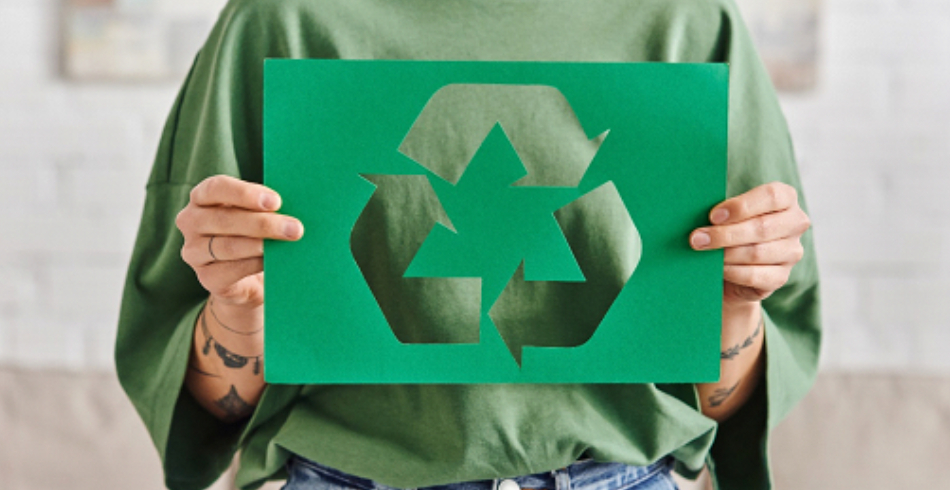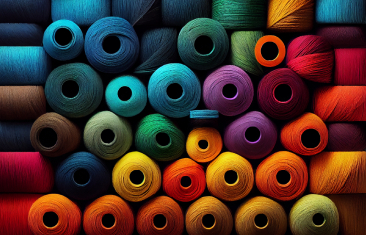Birla Cellulose Leads the Way Sustainably: Unveils Groundbreaking Circular Yarn Blend
October 16, 2023In an era where sustainability and environmental consciousness have become pivotal in the fashion industry, Birla Cellulose emerges as a true innovator, spearheading change and redefining the future of textiles. Here’s why.
Mechanical recycling of textiles is a time-honored process, wherein textile fabric is recycled into fiber without the use of any chemicals, preserving the basic fiber molecular structure. However, fibers generated through mechanical recycling have often suffered from an uneven random distribution of short and long fiber lengths (10mm-16mm), resulting in low-strength fibers unsuitable for yarn and fabric production.
To overcome this challenge, the yarn blend containing mechanical recycle fibers requires a carefully optimized mix of virgin staple fibers to ensure high fiber length distribution and strength.
Birla Cellulose's approach involves recycling mechanical textile waste, utilizing state-of-the-art technology to recycle pre and post-consumer textile waste. The resulting recycled fiber is expertly blended with Birla's proprietary cellulosic fibers, including VSF, Birla Modal, Excel, Reviva, and Dope Dyed, in a unique proportion. This innovative recipe produces a yarn blend containing an impressive 50% pre or post-consumer waste (mechanically recycled) fiber and 50% proprietary cellulosic fiber.
What sets Birla Cellulose's Circular Yarn Blend apart is its ability to increase the content of mechanical recycled fiber to 50% while still maintaining high-strength yarn suitable for fabric and garment production across various categories such as knits, woven fabrics, and home textiles. The Circular Yarn Blend boasts exceptional sustainability credentials, including recognition from the Global Recycle Standard (GRS) for PCW (Post-Consumer Waste) materials, the Recycled Claim Standard (RCS), FSC certification, and Higg Index certification.
This unique offering addresses several environmental concerns:
- Energy Efficiency: Mechanical recycling consumes minimal energy, making it one of the most energy-efficient yarn-making processes.
- Eco-Friendly: This process doesn't use hazardous gases, dyes, or chemicals, contributing to lower water pollution.
- Lowest Greenhouse Gas Emissions: Yarns produced this way have the lowest greenhouse gas emissions, significantly reducing their carbon footprint.
- Minimal Water Consumption: This process minimizes water consumption throughout the entire lifecycle.
- In-Situ Coloration: Recycled dope-dyed/mélange yarn eliminates the need for additional dyes or pigments. Thus, reducing environmental impact.

Despite these incredible advantages, challenges lie ahead, including the limited range of yarn counts available for coarser yarns due to technological limitations and the need to establish competitive pricing in a market dominated by other recycled fibers.
However, Birla Cellulose is committed to overcoming these challenges and driving widespread adoption of its Circular Yarn Blend. As Birla Cellulose embarks on this transformative journey, it reinforces its dedication to sustainability, innovation, and creating a brighter, greener future for the fashion and textile industries.











